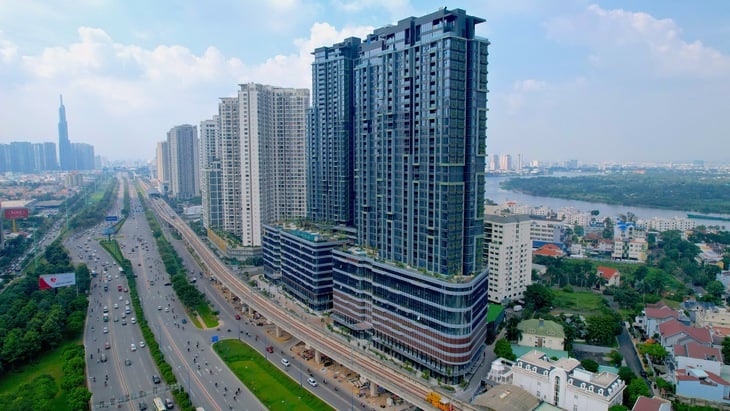
The proposed 20% real estate transfer tax on profits will have a significant impact on the real estate market, especially on the price level of buying and selling houses and land - Photo: NGOC HIEN
The Ministry of Finance is studying the option of applying between two tax calculation methods, including a 20% tax on profits from real estate transfers. This policy is expected to increase state budget revenue from personal income tax, but it also raises concerns about its feasibility, especially regarding the accurate and complete determination of costs associated with real estate transfers.
In practice, calculating transfer tax will be complicated.
According to the Ministry of Finance, if there is a database that accurately determines the purchase price and related costs of real estate transfer, the method of collecting personal income tax from real estate transfer will be calculated using the tax rate (proposed 20%) multiplied by taxable income.
In cases where the purchase price and costs related to the transfer of real estate cannot be determined, personal income tax is determined on the total real estate transfer price multiplied by the tax rate of 2%.
Commenting on the proposal to apply a 20% tax on profits from real estate transfers, Mr. Dinh Minh Tuan - Southern Region Director of Batdongsan - said that the Ministry of Finance's research into the option of taxing 20% on the difference between the purchase and sale price is in line with market realities and optimizes the amount of personal income tax contributed to the state budget.
However, Mr. Tuan said that in reality, the implementation seems easy and simple but will encounter problems.
In which, Mr. Tuan said that for the tax authority, determining the input costs of a real estate transaction is relatively complicated, especially for houses purchased decades ago with expenses such as real estate purchase costs, brokerage costs, renovation costs, repair costs, loan interest costs, etc. If the above costs cannot be determined, there will be a case where the house purchased and sold has little actual profit but has to pay up to 20% of the difference.
With the market sometimes having sharp declines like the recent period, Mr. Tuan said that many projects selling at a loss or with strong price reductions may not be able to apply the 20% tax rate but may still apply 2%, which is very disadvantageous for the people.
Regarding investors, Mr. Tuan argued that they are only interested in profit from a real estate product. Therefore, when calculating a 20% tax plus a 1-3% brokerage fee, the final selling price will include exactly these costs. This increases real estate prices or, in some cases, results in two different prices being notarized, causing revenue losses for the government.
As for the group of real home buyers, Mr. Tuan said it will be more difficult to access houses because the nature of the house price will increase.
Therefore, Mr. Tuan believes that tax policies should create incentives for market development instead of restricting transactions and liquidity, creating apprehension from both buyers and sellers.
Risk of increased real estate hoarding
According to Associate Professor Dr. Pham The Anh (National Economics University), if the main purpose of taxation is to prevent hoarding, avoid creating ghost towns and reduce inequality, while helping to increase supply, reduce prices and make the banking system healthy, then high taxation on transfer profits will risk increasing hoarding, with little chance of reducing real estate prices.
Dr. The Anh believes that in this case, the tax burden will be shared between the buyer and the seller.
As for the tax based on holding time as previously proposed, this policy mainly targets "price brokers" and short-term traders.
Dr. The Anh believes that taxing second and subsequent houses and land plots annually is the "best strategy" because it will increase supply, reduce hoarding, lower prices, and alleviate imbalances in the labor market, education , and career choices. At the same time, the state will have a stable source of revenue to replace taxes that significantly impact production and labor incentives, such as corporate income tax and personal income tax.
Dr. The Anh warned that if high taxes on transfer profits or taxes based on the holding period are applied and backfire, causing real estate price manipulation and increased hoarding, then the aforementioned "best option" risks not being used.
Personal income tax should only be levied on transactions that result in a profit.
Speaking to Tuoi Tre Online , Mr. Tran Manh Chi, Deputy General Director of Dong Tay Property Company, stated that the essence of real estate transfer tax is personal income tax on real estate transactions, meaning that only those with income are subject to tax. The current calculation method, applying a 2% tax rate on the selling price, leads to many cases where even losses are subject to taxation.
Therefore, in the case of calculating tax on profits, Mr. Chi believes that it is necessary to correctly and fully calculate the arising costs such as bank loan interest, brokerage, even inflation... so that paying tax on profits from transfer activities is real, consistent with the nature of personal income tax.
Source: https://tuoitre.vn/danh-thue-20-loi-nhuan-bat-dong-san-lieu-gia-nha-lai-tang-20250506122705195.htm








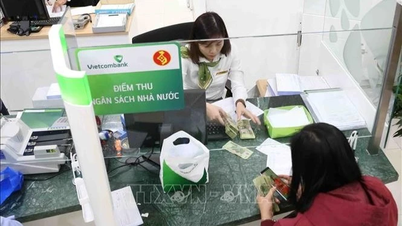






























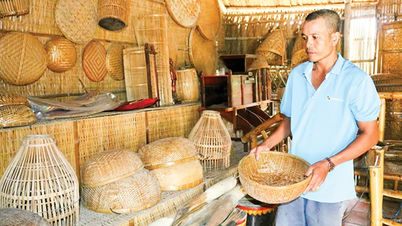



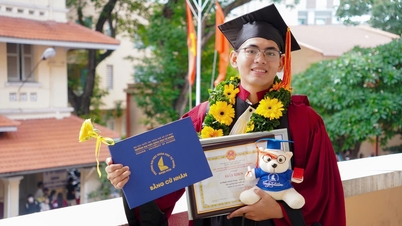


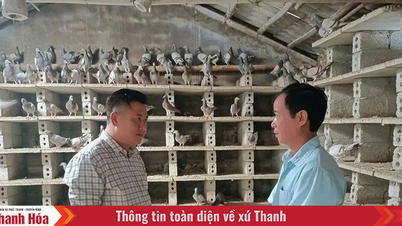




















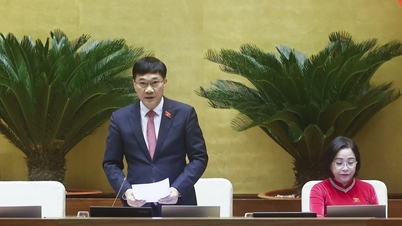
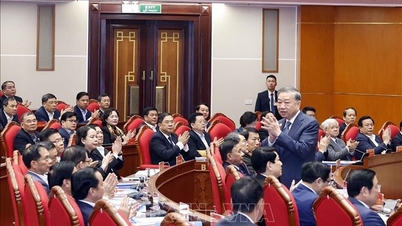
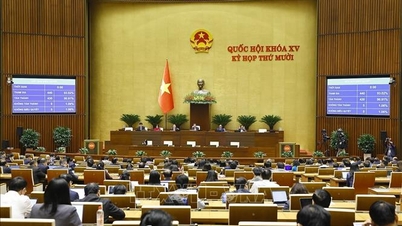
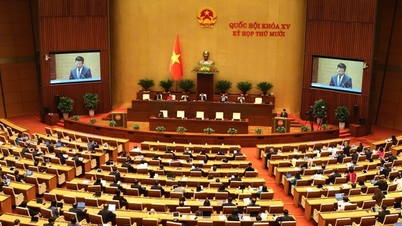




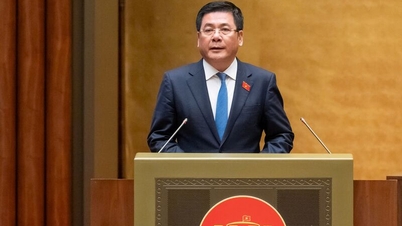
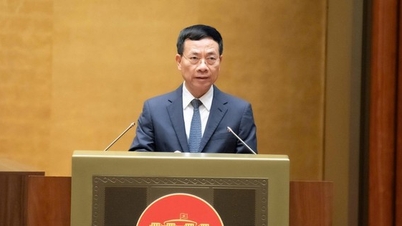


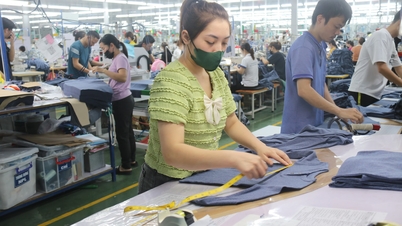

























Comment (0)